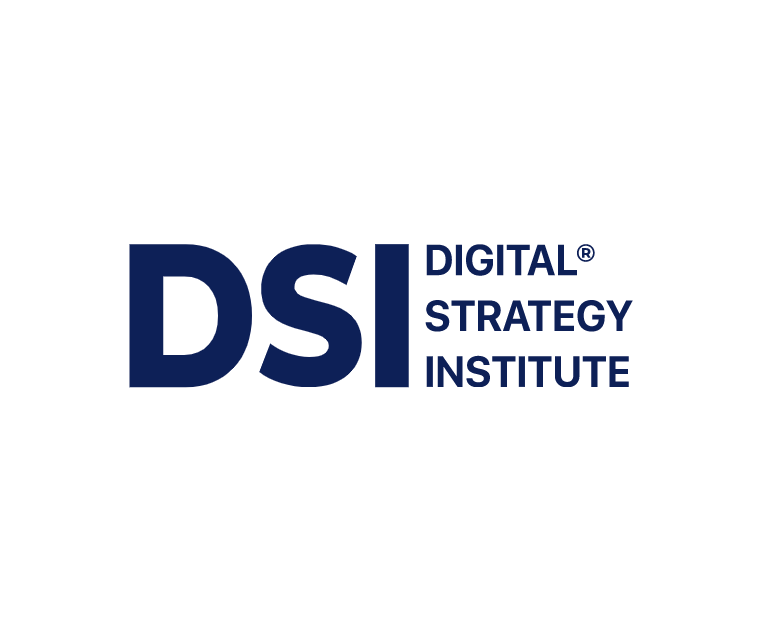How can digital banking make our lives easier? Know everything here!
- Digital Strategy

- Jan 29, 2022
- 4 min read
As the economy shifts to a cashless economy, digitalization is a new "yes" in the financial market. Digital banking paves the way for people's continued finances based on people's changing business operations. Unlike traditional banking, it provides amazing benefits, even without your in person presence at the bank.
What is digital banking?
Digital banking primarily means ingress of all banking services on the internet, that in the past, were only available to customers when physically present in the branch. Online banking provides consumers with a convenient way to conduct banking transactions comfortably at home and on a PC. These include activities such as cash deposits, withdrawals, and transfers. Customers are progressively switching to banks offering digital features like mobile payments, bill payment and loan applications. According to the recent Banking and Capital Markets Outlook by Deloitte, banks are finally starting to prioritize their digital banking efforts to meet consumer expectations. 28% of the banks named "digital capacity building" as their top digital technology priority this year, while "modern legacy systems" was second most important priority with 23% for Banks.
How has it affected our way of Banking?
Customers can choose services and leverage features according to their suitability. The introduction of digital banking has had a huge impact on our daily activities and the way we bank and do financial transactions. The following is a list of its positive and negative effects on our banking business:
Let’s have a look at the positive impact!
Convenience
It puts forward convenience for every age group of people. People get easy access to cash, who otherwise have to stand by in long queues waiting for cash. Commercial transactions affect the trade of many companies and industries. Cash transactions restrict consumers from now being able to conduct online transactions, which are traditionally reserved for cashiers in bank branches.
Always on
Consumers with internet access can visit their bank's website at any time of the day and conduct any number of banking transactions. Unrestricted access gives consumers the opportunity to conduct business on weekends and holidays when banks are traditionally closed.
Easy shopping
This is the biggest benefit of digital banking in 2021, especially for all shopping enthusiasts. In present times where it’s not safe to shop outside in malls and markets, digital banking is the go-to option for shopping. With the help of the online payment system provided by the bank, shopping can be completed quickly.
Paperless work
This system eliminates the need to carry documentation in banking. Money can be deposited, transferred and withdrawn easily, allowing business transactions to be carried out in a faster manner.
Wide reach
Hat-tip to the online banking systems that have maximised the reach of banks even in secluded areas. This has led to the integrated development of the economy.
Lower Charges
With the minimal charges of operating online banking activities, it has substituted the traditional banking system.
Negative impact of digital banking!
Security Concerns:
Although most financial institutions have adopted appropriate security measures to prevent Internet security breaches, many Internet predators use sophisticated methods to intercept transactions they send and steal bank customer information via “spoofing.” According to the FTC, phishing occurs when a thief “pretends to be a financial institution or company and sends you spam or pop-up windows to reveal your personal information.”
Learning Curve
People need to be familiar with the use of technology to operate banking activities. For people with technophobia, learning to use these sites can be a steep curve.
Online Banking v/s Digital Banking?
Both online banking and digital banking work toward solving one fundamental problem for the customer - Make banking easier.
Online banking includes features that make banking easy for the customer. It has more to do with online account management, money transfers, remote deposits and bill payment. Also, includes virtual banking, online KYC, electronic banking, and internet banking.
Whereas digital banking includes the digitization of operations and processes that are the backbone of programs and activities carried out by financial institutions for their customers.
Digitization is a paradigm shift for maximum legacy banks. Nowadays, digital transformation is the pinnacle of almost every financial institution, and investment is hovering in technology, employee skills, and innovation. With declining deposit margins, strong opposition from a large number of commodities, and changing customer psychology, digitalization is not an option. This large revolution, in the global banking industry has benefited everyone. With such a lot of advantages provided for us, it's extraordinarily not possible for us to assume a global without virtual banking. Compared with the way we shop, travel, work, and even bank operations, the pandemic has changed our lives and also changed the behavior of consumers. As a result of the pandemic, with the development of customer needs and expectations, the socio-economic landscape has undergone fundamental changes.
The Bottom Line
Since most customers are now familiar with online channels, the traditional "customer loyalty" that arises from being physically close to branches will now rely on the customization and personalization of digital products. As more and more professional banks and fintech companies compete, the competition to attract new customers and retain existing customers is fiercer than ever. Compared with traditional banks and financial technology companies, the advantage of these traditional banks is that they already have deposits and a huge customer base. Also, they provide a wide range of products and services. So it all comes down to service and how well can they take care of the customer's needs. The shift is toward the Bank of experience.



Comments